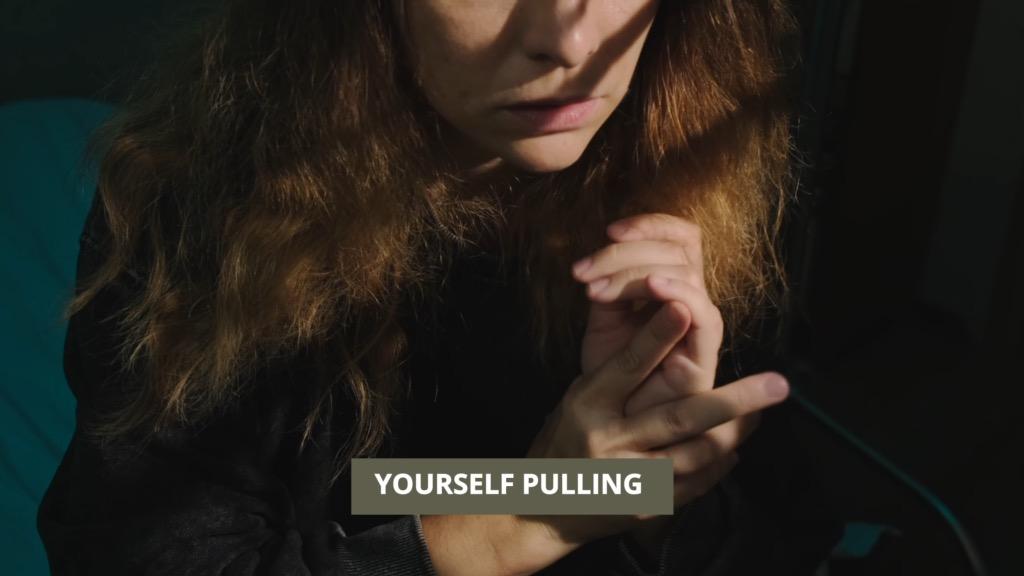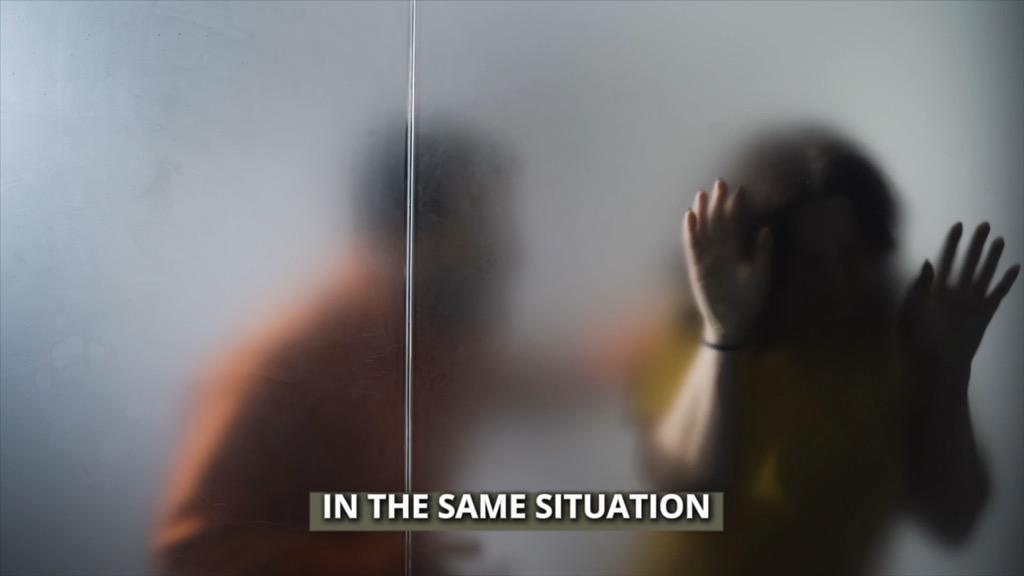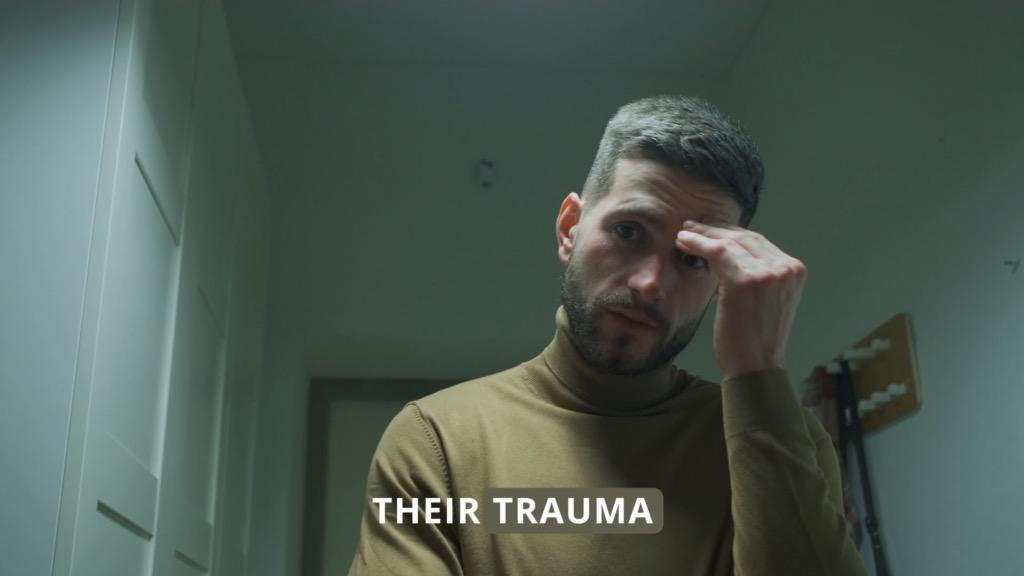Attachment, Relational Stress, and Rewiring Complex Trauma
Description
What happens in the brain when a stress response is activated ? How does developmental trauma shapes our nervous system and subconscious reactions as adults?
Today, we're answering those questions and diving deeper into how the brain develops through social interactions, why social connection is a survival need, and what happens in the body when we experience connection with other people.
Matt Bush is joining Jennifer and Elisabeth to discuss the impact of trauma on the brain's functioning, and therefore, our relationships, expression, sense of safety, and overall health. They talk about what happens when you're not primed for connection in childhood, how the brain is wired to be part of the social structure in relationships, what part of the brain guides us toward dysregulation and protective outputs, and lots more.
In this episode we delve into the intricate relationships between high ACE (Adverse Childhood Experiences) scores, developmental trauma, and their lifelong impacts on individuals' stress levels and physical health. The conversation highlights the critical role of early childhood experiences, particularly the bond with caregivers, in shaping one's ability to manage stress and form healthy relationships.
We know that connection is crucial to our survival as humans, but for those with complex trauma, even the healthiest relationships can trigger a stress response and lead to maladaptive behaviors. This episode provides a comprehensive look at how stress impacts our relationships and physical health, and highlights the importance of consistent nervous system training to rewire the brain's response to stress and build resilience.
You'll also learn why complex trauma is an attachment would, and most importantly, that change is possible and how you can get started NOW. Tune in for all this and more!
We discuss chronic inflammation and its connection to social threats and shame, noting that these emotional stressors can trigger physical responses.
Talking Points:
-
Impact of high ACE scores and developmental trauma on stress levels and physical outcomes.
-
Influence of early childhood experiences on the HPA axis and long-term stress responses.
-
Role of attachment theory and the impact of caregiver availability.
-
Relationship between social threats, shame, and inflammatory responses.
-
Importance of training the nervous system through neurosomatic integration (NSI) tools.
-
Personal narratives on managing complex PTSD and changing attachment patterns.
-
Exploration of the OODA loop in processing and responding to environmental stimuli.
-
Emphasis on the potential for neuroplasticity and intentional change in nervous system responses.
Learn more about the Neuro-Somatic Intelligence Coaching program and sign up for the next cohort enrolling now! https://www.neurosomaticintelligence.com
Connect with Matt Bush:
https://www.nextlevelneuro.com/
Get started training your nervous system with our FREE 2-week offer on the Brain Based Membership site: https://www.rewiretrial.com
Connect with us on social media: @trauma.rewired
Join the Trauma Rewired Facebook Group! https://www.facebook.com/groups/761101225132846
FREE 1 Year Supply of Vitamin D + 5 Travel Packs from Athletic Greens when you use my exclusive offer: https://www.drinkag1.com/rewired
This episode was produced by Podcast Boutique https://www.podcastboutique.com
Trauma Rewired podcast is intended to educate and inform but does not constitute medical, psychological or other professional advice or services. Always consult a qualified medical professional about your specific circumstances before making any decisions based on what you hear.
We share our experiences, explore trauma, physical reactions, mental health and disease. If you become distressed by our content, please stop listening and seek professional support when needed. Do not continue to listen if the conversations are having a negative impact on your health and well-being.
If you or someone you know is struggling with their mental health, or in mental health crisis and you are in the United States you can 988 Suicide and Crisis Lifeline. If someone's life is in danger, immediately call 911.
We do our best to stay current in research, but older episodes are always available. We don't warrant or guarantee that this podcast contains complete, accurate or up-to-date information. It's very important to talk to a medical professional about your individual needs, as we aren't responsible for any actions you take based on the information you hear in this podcast.
We invite guests onto the podcast. Please note that we don't verify the accuracy of their statements. Our organization does not endorse third-party content and the views of our guests do not necessarily represent the views of our organization.
We talk about general neuro-science and nervous system health, but you are unique. These are conversations for a wide audience. They are general recommendations and you are always advised to seek personal care for your unique outputs, trauma and needs.
We are not doctors or licensed medical professionals. We are certified neuro-somatic practitioners and nervous system health/embodiment coaches. We are not your doctor or medical professional and do not know you and your unique nervous system. This podcast is not a replacement for working with a professional.
The BrainBased.com site and Rewiretrail.com is a membership site for general nervous system health, somatic processing and stress processing. It is not a substitute for medical care or the appropriate solution for anyone in mental health crisis.
Any examples mentioned in this podcast are for illustration purposes only. If they are based on real events, names have been changed to protect the identities of those involved.
We've done our best to ensure our podcast respects the intellectual property rights of others, however if you have an issue with our content, please let us know by emailing us at traumarewired@gmail.com
All rights in our content are reserved












